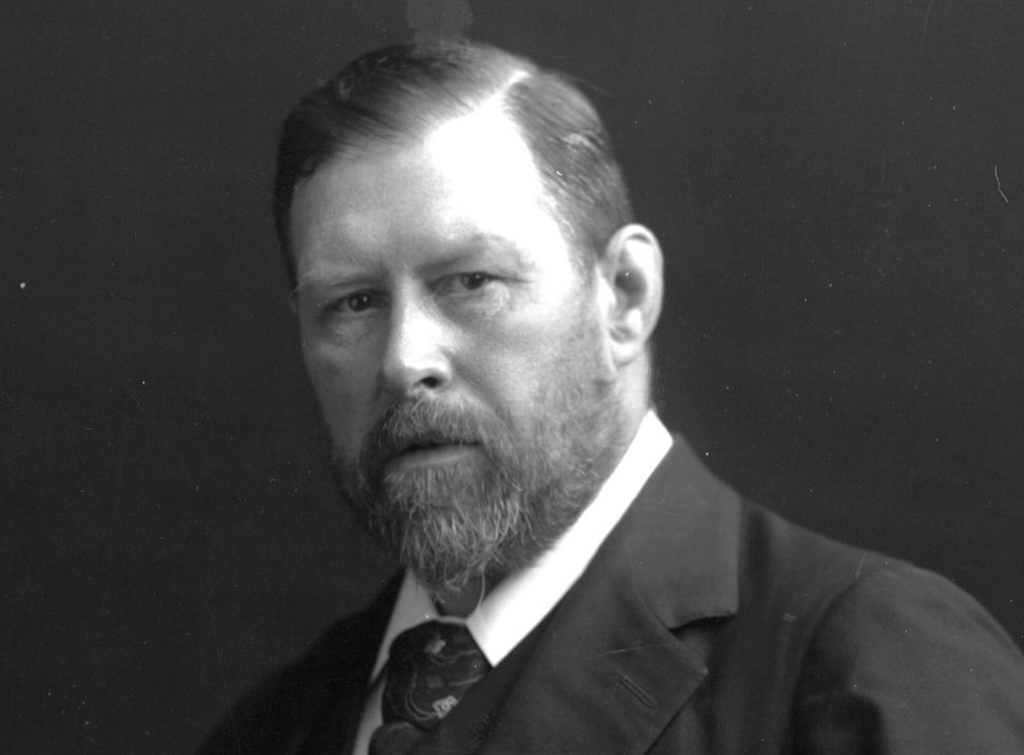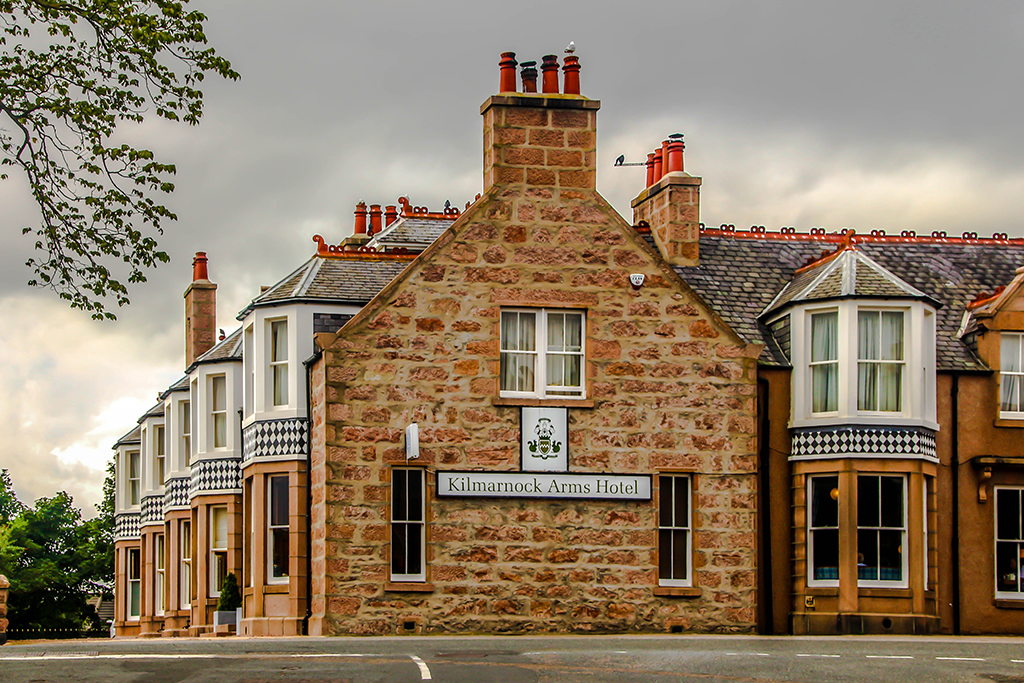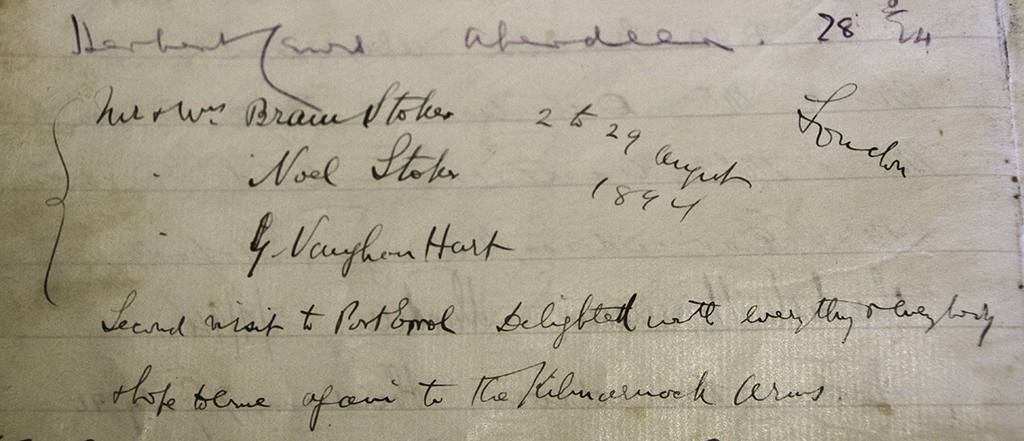
‘Dracula’ inn to be honoured with special plaque
The Scottish hotel that accommodated renowned author Bram Stoker while he created Dracula will be recognised under Historic Environment Scotland’s 2018 Commemorative Plaque Scheme.
The annual scheme celebrates the lives of significant people by erecting plaques on the buildings where they lived or worked. Stoker’s plaque is the 57th announced under the scheme since it began in 2012. The plaque will be unveiled in the near future at the Kilmarnock Arms Hotel.
Born near Dublin in 1847, Bram Stoker was a part-time writer for most of his life. Later in his career, for 11 months out of every year, he worked as the business manager at the Lyceum Theatre in London and as the personal manager for the famous English stage actor, Henry Irving. After 1894, he spent the other month on holiday in Cruden Bay – then known as Port Erroll – where he wrote his books.
He first discovered Cruden Bay on a walking holiday to Aberdeenshire in 1893, writing: ‘When first I saw the place I fell in love with it.’

Dracula writer Bram Stoker
He returned in 1894, booking into the Kilmarnock Arms Hotel and writing in the guest book: ‘Second visit to Port Erroll. Delighted with everything & everybody & hope to come again to the Kilmarnock Arms.’
He checked-in again in 1895 with the aim of writing the early chapters of his definitive work, Dracula. The Transylvanian vampire, Count Dracula, rose from the page in the hotel known locally as ‘the Killie’. Stoker returned to Aberdeenshire in 1896 to complete the later chapters.
New Slains Castle, with its dramatic cliff-top setting nearby, is believed to have acted as the visual palette to prompt the dramatic scenes set in the fictional Castle Dracula.
The castle contains a room that has a look-alike in the novel – the octagonal hall used as a reception room for visitors – with the following observation from the novel’s protagonist, Jonathan Harker, containing a clue: ‘The Count halted, putting down my bags, closed the door, and crossing the room, opened another door which led into a small octagonal room lit by a single lamp, and seemingly without a window of any sort.’

The Kilmarnock Arms Hotel (Photo: Mike Shepherd)
Caroline Clark, Historic Environment Scotland grants operations manager, said: ‘Bram Stoker’s plaque is one of several awarded over the past six years to writers, poets and artists who have drawn inspiration from Scotland’s architectural history and natural heritage to create their works.
‘The beauty of our Commemorative Plaque Scheme is that it highlights notable historic figures who we might never have known had deep connections to Scotland.’

Bram Stoker’s 1894 signature in a hotel guest book (Photo: Mike Shepherd)
Mike Shepherd, a member of the Port Erroll Heritage Group who nominated Stoker for a plaque to bring attention to the Kilmarnock Arms Hotel’s role in the early days of the novel’s creation, said: ‘When the journalist Gordon Casely visited Cruden Bay in the 1960s to interview those who knew Bram Stoker, they told him they were immensely proud that the famous author had picked their village to write his books.
‘Bram’s special place is our special place. The new plaque is the first-ever celebration of the link between Bram Stoker and Cruden Bay. As such, it will provide a focus for that pride.’
The remaining 13 successful plaque nominations under the 2018 Commemorative Plaque Scheme will be announced over the coming months.
TAGS

